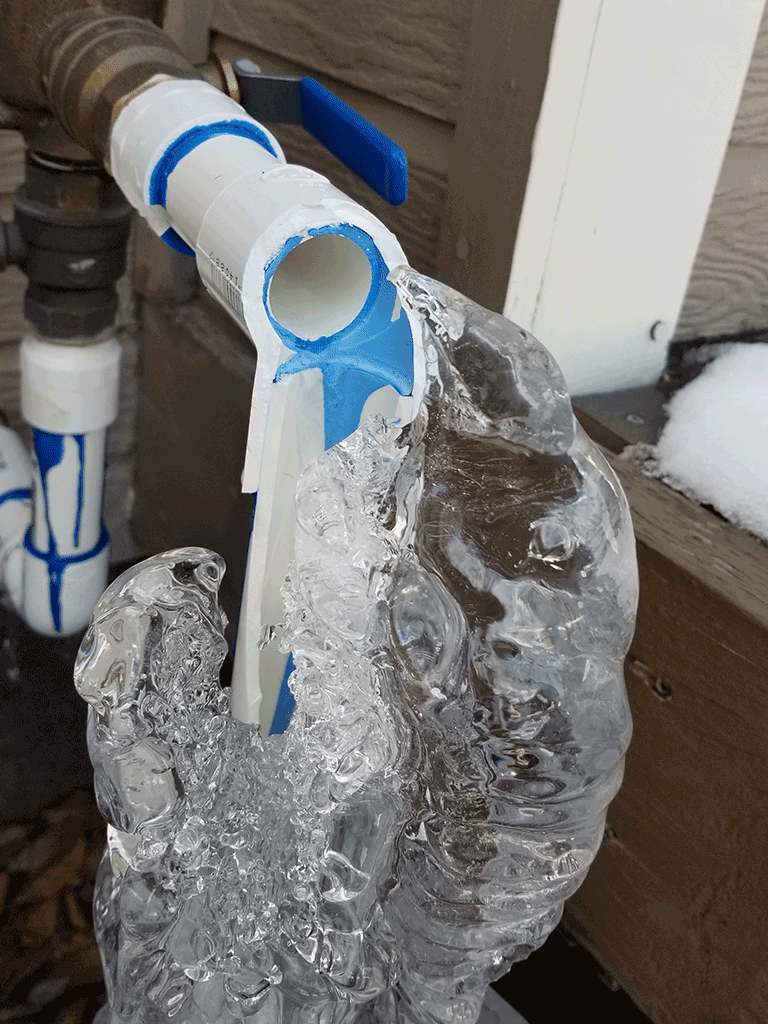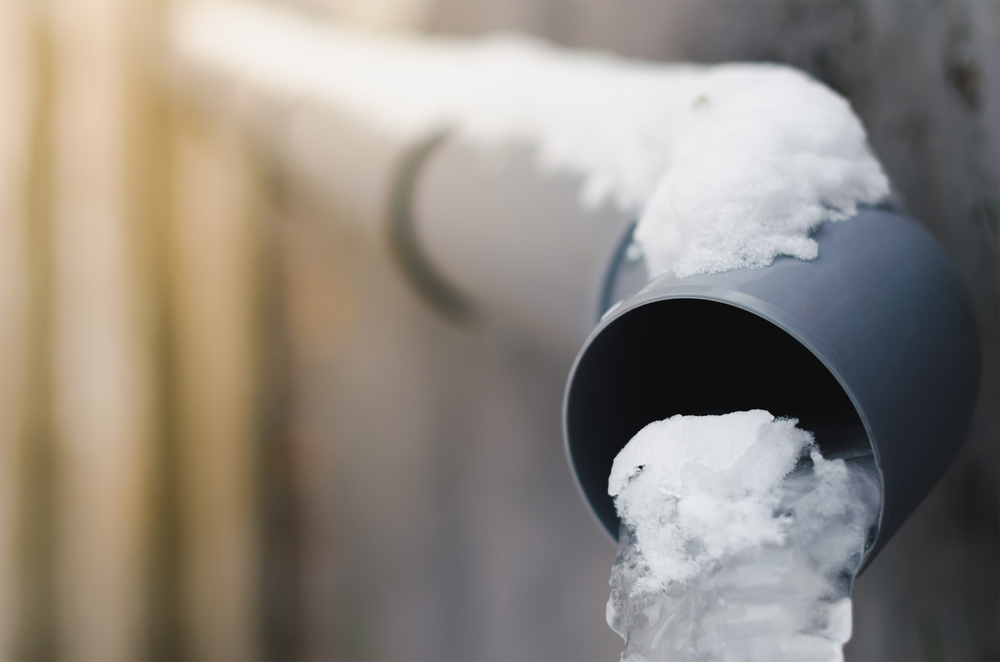Everyone is bound to have his or her own way of thinking in relation to Prevent Frozen Pipes .

Winter can ruin your pipes, especially by freezing pipes. Right here's how to prevent it from taking place and what to do if it does.
Intro
As temperatures drop, the threat of icy pipes rises, possibly resulting in costly fixings and water damage. Understanding exactly how to prevent icy pipes is crucial for house owners in cold environments.
Understanding Icy Pipes
What triggers pipelines to freeze?
Pipelines freeze when subjected to temperatures below 32 ° F (0 ° C) for expanded periods. As water inside the pipes ices up, it expands, putting pressure on the pipeline wall surfaces and potentially triggering them to break.
Risks and damages
Frozen pipelines can lead to supply of water interruptions, property damage, and expensive repair work. Ruptured pipelines can flooding homes and create substantial architectural damages.
Indicators of Frozen Pipes
Identifying frozen pipes early can prevent them from bursting.
How to identify icy pipelines
Seek lowered water circulation from faucets, unusual odors or sounds from pipelines, and noticeable frost on exposed pipes.
Prevention Tips
Shielding prone pipes
Wrap pipelines in insulation sleeves or utilize heat tape to protect them from freezing temperature levels. Focus on pipes in unheated or external areas of the home.
Home heating methods
Keep indoor spaces adequately warmed, particularly locations with plumbing. Open up cabinet doors to permit warm air to flow around pipes under sinks.
Securing Outdoor Plumbing
Yard hose pipes and exterior faucets
Detach and drain pipes garden hose pipes prior to winter. Set up frost-proof faucets or cover exterior faucets with protected caps.
What to Do If Your Pipelines Freeze
Immediate activities to take
If you suspect frozen pipes, maintain taps open up to relieve pressure as the ice melts. Utilize a hairdryer or towels taken in warm water to thaw pipelines gradually.
Long-Term Solutions
Architectural changes
Take into consideration rerouting pipelines far from outside wall surfaces or unheated locations. Include added insulation to attic rooms, cellars, and crawl spaces.
Upgrading insulation
Purchase premium insulation for pipes, attics, and walls. Proper insulation helps preserve constant temperatures and reduces the threat of icy pipes.
Conclusion
Preventing icy pipes requires aggressive steps and quick feedbacks. By comprehending the causes, indicators, and preventive measures, homeowners can secure their plumbing throughout cold weather.
Helpful Tips to Prevent Frozen Pipes this Winter
UNDERSTANDING THE BASICS: WHY PIPES FREEZE AND WHY IT’S A PROBLEM
Water freezing inside pipes is common during the winter months, but understanding why pipes freeze, and the potential problems it can cause is crucial in preventing such incidents. This section will delve into the basics of why pipes freeze and the associated problems that may arise.
THE SCIENCE BEHIND FROZEN PIPES
When water reaches freezing temperatures, it undergoes a physical transformation and solidifies into ice. This expansion of water as it freezes is the primary reason pipes can burst. As the water inside the pipe freezes, it expands, creating immense pressure on the walls. If the pressure becomes too great, the pipe can crack or rupture, leading to leaks and water damage.
FACTORS THAT CONTRIBUTE TO PIPE FREEZING
- Low Temperatures: Extremely cold weather, especially below freezing, increases the risk of pipes freezing.
- Uninsulated or Poorly Insulated Pipes: Pipes located in unheated areas, such as basements, crawl spaces, or attics, are more prone to freezing. Insufficient insulation or lack of insulation altogether exacerbates the problem.
- Exterior Wall Exposure: Pipes running along exterior walls are susceptible to freezing as they encounter colder temperatures outside.
- Lack of Heating or Temperature Regulation: Inadequate heating or inconsistent temperature control in your home can contribute to frozen pipes.
PROBLEMS CAUSED BY FROZEN PIPES
WHY CERTAIN PIPES ARE MORE PRONE TO FREEZING
- Pipe Bursting: As mentioned earlier, the expansion of water as it freezes can cause pipes to burst, resulting in significant water damage.
- Water Damage: When pipes burst, it can lead to flooding and water damage to your property, including walls, ceilings, flooring, and personal belongings.
- Structural Damage: Prolonged exposure to water from burst pipes can compromise the structural integrity of your home, leading to costly repairs.
- Mold and Mildew Growth: Excess moisture from water damage can create a favorable environment for mold and mildew growth, posing health risks to occupants.
- Disrupted Water Supply: Frozen pipes can also result in a complete or partial loss of water supply until the issue is resolved.
https://busybusy.com/blog/helpful-tips-to-prevent-frozen-pipes-this-winter/
- Location: Pipes located in unheated or poorly insulated areas, such as basements, crawl spaces, attics, or exterior walls, are at higher risk of freezing.
- Exterior Pipes: Outdoor pipes, such as those used for irrigation or exposed plumbing, are particularly vulnerable to freezing as they are directly exposed to the elements.
- Supply Lines: Pipes that carry water from the main water supply into your home, including the main water line, are critical to protect as freezing in these lines can affect your entire plumbing system.
- Underground Pipes: Pipes buried underground, such as those connected to sprinkler systems or outdoor faucets, can be susceptible to freezing if not properly insulated.

I am just very focused on Prevent Frozen Pipes and I really hope you appreciated the blog posting. Be sure to take the time to distribute this blog if you liked it. Thanks a bunch for your time. Don't forget to stop by our site back soon.
Call Today
Comments on “Ways to Defend Pipes from Freezing: Professional Tips”